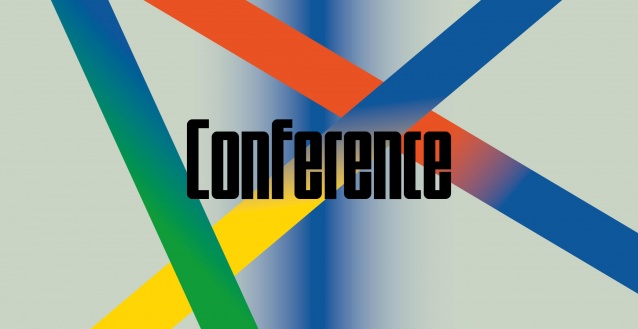What are our genealogies?
Engaged figurations: Realism, socialist realism and soc-modernism in a global perspective”
The conference aims to offer a new perspective on twentieth-century politically and socially engaged art that employed broadly understood figuration. We propose to return to these issues, which have already been addressed in Polish and Central European art history, as our perspective extends beyond the political, chronological and geographical frameworks.
First of all, we would not like to see the problem of politically engaged realism limited to socialist realism, which has traditionally been rejected. Instead, we opt for a view in the spirit of transgressing the old division of socialist realism vs modernism, so that we can look at the expanded socialist modernist art field as combining the postulates of ideology with a modern art form. The trend of absolutizing socialist realist art petrifies the way the 1940s and 1950s are looked upon. For that reason, we wish to adopt a more inclusive category of socialist art.
Second, we aim to bring to light the genealogy of socialist art thus understood, and underscore its continuity, evolution and transformation in the 1930s. We thus introduce a question that, due to historical experience, remains vital for Central and Eastern Europe: What are our genealogies? We follow the development of engaged figuration in pre-war Czechoslovakia, Poland and Russia, reflecting on the links between politics, nationalism, realism and modernism. Subsequently building a bridge between the interwar and post-war periods, we relate engaged socialist and socialist-realist art from Europe (East and West) to similar practices in Latin America (Mexico).
Therefore, thirdly, we call for this shift towards genealogy to include a synchronic radical comparative study of socialist realist and socialist art adaptations in the global perspective: from South America to Africa, China and Southeast Asia. We are curious how the rewriting of the canon in the post-colonial world has ignored the fact that in the time of decolonization, which split the world according to Cold War influences, a substantial part of the globe was shaped by the doctrine of socialist realism—a fact that is omitted or barely mentioned by global art history textbooks. What has happened to the experience of socialist realism, and how is it evoked in contemporary art practices? How has it evolved, and what forms has it adopted? Has the experience of social and political engagement translated itself into contemporary artistic forms and idioms?
The conference will be structured according to four thematic blocks:
Panel 1: What are our genealogies? Engaged figurations in pre-war Central Europe
15 April 2021
The starting point for this panel is the situation of leftist artists of the 1930s, who felt there was a failure of the avant-garde (due to its hermetic nature and social isolation) but at the same time drew on avant-garde aesthetics and formal solutions in their striving for a commonly understood language. How was this paradox processed in Central Europe? How were the definitions of engaged art transformed? How did it deal with notions of regional and national identities? And how have the experiences of the 1930s been updated in the decades since?
Panel 2: Towards socialist art: Modernism, socialist realism and soc-modernism
22 April 2021
Demands for humanism, evoking difficult social conditions and new socio-political orders, revived in the post-war world. From Latin America, through democratic France, to Central and Eastern Europe, where communism had just being introduced, the question of the place of engaged art was raised. Therefore, we ask: How were artists able to combine modern form with ideological content? How did socialist (and socialist realist) art respond to the postulates of post-war humanism?
Panel 3: Global socialist realisms
29 April 2021
Given that the hard or soft influence of the Soviet Union stretched over a vast part of the globe in the post-war period, we plan to investigate how the ideas of socialist realist and socialist art were adapted or localized in diverse geographical locations. What were the determinants for individual adaptations? How did the adopted political perspective come into contact with cultural identities and local artistic traditions? What meanings were assigned to socialist art in the geo-historically changing political circumstances?
Panel 4: Central and Eastern Europe: A region without a past?
6 May 2021
This panel seeks to address the consequences of exclusion of the tradition of engagement from official art-historical narratives after 1989. What is the reason behind the marginalizing or otherwise biased approach to this tradition? Why has this part of the artistic heritage been suppressed from official narratives? How do reactions to this mostly unwanted heritage differ locally depending on socio-political conditions and historical circumstances? How does it influence institutional policies and exhibition practices in each of the countries? Finally, what experience can be gained from forgotten narratives and rejected traditions, and what can we learn from them today?
REGISTRATION
Registration is required for the conference events. The registration form will be launched one week before the event date. The number of participants is limited.
